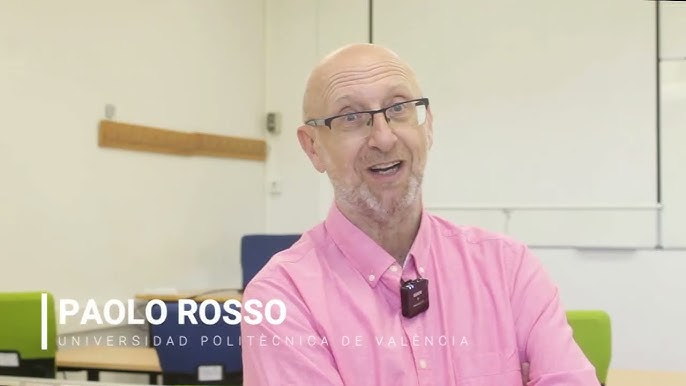
Talk at INESC-ID: “In the era of disinformation: detection of fake news and conspiracy theories” by Professor Paolo Rosso (UPV)
On March 31, INESC-ID will host a talk titled “In the era of disinformation: detection of fake news and conspiracy theories” presented by Professor Paolo Rosso, from Universitat Politècnica de València. This talk addresses how malicious actors use social media to spread disinformation and conspiracy theories, particularly during crises like the DANA flood in Valencia, and the challenges in distinguishing between critical and conspiratorial thinking for effective content moderation.
Date & Time: March 31, 11h00-12h00
Where: Room 336, INESC-ID Alves Redol
Summary: Social media offer a fast and easy way for the propagation of disinformation, from fake news to conspiracy narratives. Recently, Mark Zuckerberg eliminated fact-checking in Meta to “combat censorship,” and Elon Musk uses fake news and far-right conspiracy theories to discredit political opponents and convey his own ideological battles on X. Our countries are exposed to several attempts of foreign information manipulation interference, and both the European External Action Service (EEAS) and the European Digital Media Observatory (EDMO) place special importance on fighting and analyzing the disinformation narratives of this information warfare.
In this talk, I will describe the attempts by malicious actors (pseudo-journalists, influencers, far-right political actors, and supporters) to trigger negative emotions among the population by posting fake news and conspiracy theories on X and TikTok videos during the DANA flood in Valencia at the end of last October and the days following. Moreover, I will comment further on conspiracy theories, complex narratives that attempt to explain the ultimate causes of significant events as cover plots orchestrated by secret, powerful, and malicious groups. Existing AI approaches do not distinguish between critical and conspiratorial thinking, whereas this distinction has important implications for automatic content moderation: without differentiating between critical and conspiratorial thinking, there is a high risk of pushing people toward conspiracy communities.
Bio: Paolo Rosso is a Full Professor of Computer Science at the Universitat Politècnica de València, Spain. His research focuses on detecting harmful information in social media, including disinformation (fake news and conspiracy theories) and hate speech (targeting women, immigrants, and LGBTI, often conveyed subtly through irony, sarcasm, or hurtful humor).
He has led projects like XAI-DisInfodemics (eXplainable AI for disinformation and conspiracy detection during infodemics) and FAKEnHATE-PoC (FAKE news and HATE speech), funded by the Spanish Ministry of Science, Innovation and Universities, and the European Union NextGenerationEU/PRTR. Currently, he leads the FairTransNLP project on Fairness and Transparency in NLP applications for social media and is involved in the CHIST-ERA MARTINI project on profiling and detecting malicious actors in online social networks, and the IBERIFIER-plus hub on disinformation detection in Spain and Portugal.
He has collaborated with the Spanish National Security Department, the Science and Technology Office of the Spanish Congress of Deputies, and the Spanish Observatory on racism and xenophobia (OBERAXE) on topics related to disinformation campaigns and AI.




